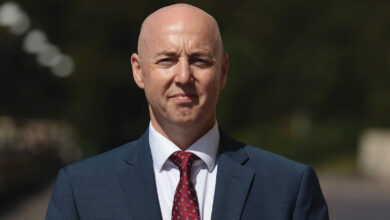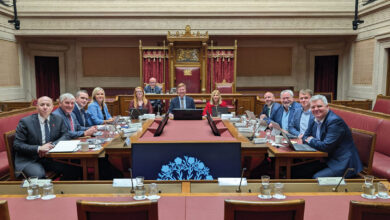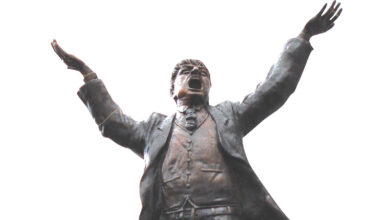New complaints procedure for local government

Local authorities in Northern Ireland are now obliged to follow a new procedure ensuring complaints are dealt with within five working days.
The procedure, which has taken effect from 1 July 2023, has been introduced by the Northern Ireland Public Services Ombudsman (NIPSO). NIPSO states that this procedural revision is the latest stage in a project which will see all public bodies in Northern Ireland follow the same complaints handling standards, so that “regardless of whether the complaint is about a school, a hospital, or a government department, there is consistency across the public sector”.
Although the ambition is for all complaints to be dealt with within five working days, NIPSO says that, in some cases, the investigation procedure will be extended to a period of just under three weeks.
“Because not all complaints can be dealt with quickly, the procedures say that more complicated ones should be passed to a second investigation stage. This should take the public body no more than 20 working days to complete,” the report says.
NIPSO states that, in reducing the investigative timeframe, it is “responding to people’s concerns,” adding: “We want to change the culture in organisations so that complaints are taken more seriously. We are working with senior leaders to help them understand why complaints matter, showing that by acting as an early warning system, complaints should be welcomed rather than feared.”
The organisation further outlines that it is developing training programmes to support the changes outlined in the report, including advice on how complaints should be investigated and how best to communicate with complainants, and says that it will “continue to work closely with the local government sector as the new system beds in”.
In addition to the processes in local government, NIPSO says that it is beginning the process of introducing standardised complaints handling across all of Northern Ireland’s health trusts.
“We believe these exciting changes have the potential to transform the level of customer service in the public sector to the benefit of all concerned,” NIPSO states.
Ombudsman Mary Kelly says: “For public bodies, this is a real opportunity to change their complaints process and their complaints approach. When someone complains to a public body, it is an opportunity for them to build trust with the people using their services. We are going to support this by working with all of the public sector bodies over time to have a complaints system that looks broadly the same.”
She adds: “It is about a culture change in complaints in public bodies. So, it is about those who lead public bodies welcoming complaints and making it easy for complainants to actually tell them what is wrong and then working with their teams and to ensure that the response is the same.”





